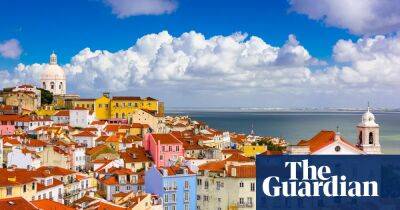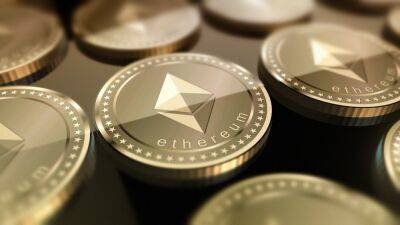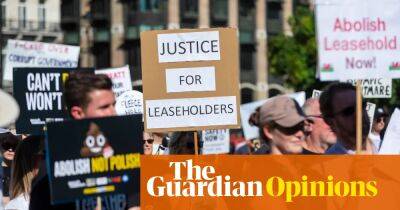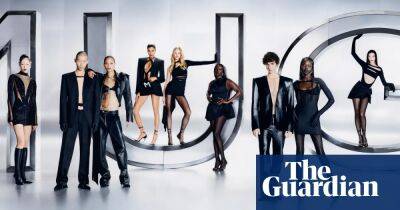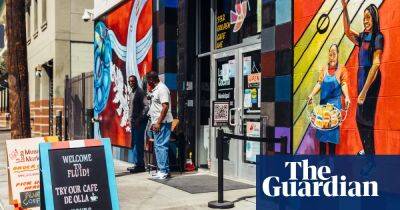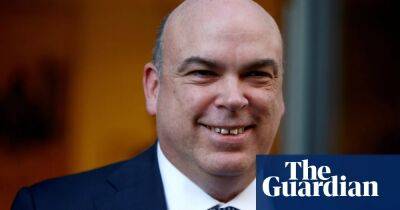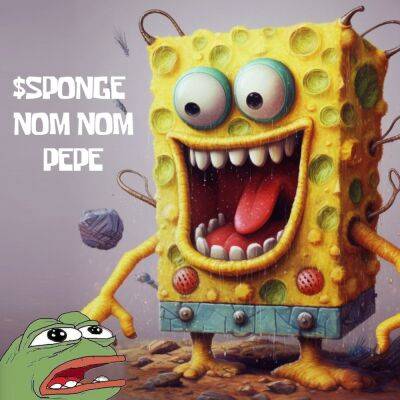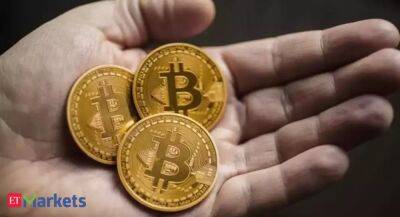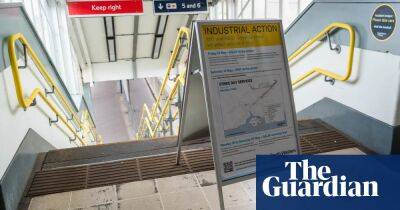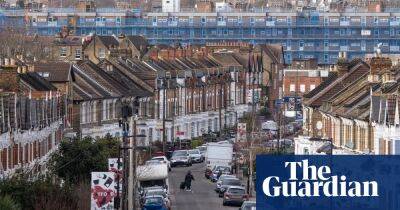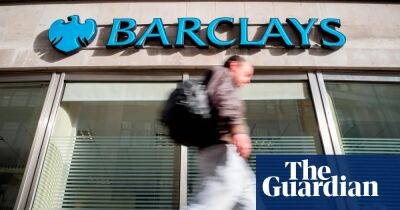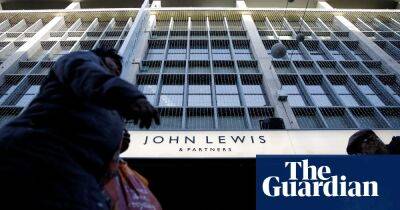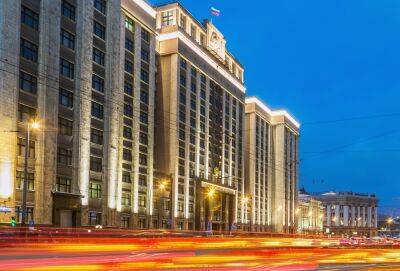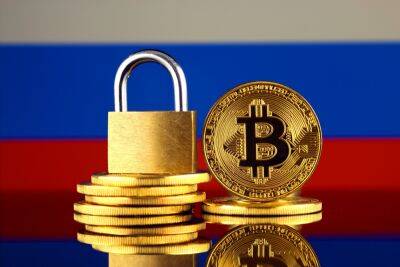‘Our credibility must be safeguarded’: Cyprus in turmoil after Russia sanctions
Back-to-back meetings, an air of discernible panic, policymakers engaged in frantic damage limitation and Cyprus once again in the eye of a Russia-related storm. It’s been an unusually fraught fortnight for the Mediterranean island’s newly installed president, arduous in ways that Nikos Christodoulides might never have imagined when he assumed office on 1 March.
First came the news that 13 Cypriot entities and individuals had been placed on Anglo-American sanctions lists for enabling Russian oligarchs. The measures were aimed at dismantling the financial networks of Roman Abramovich and Alisher Usmanov, both close allies of Vladimir Putin. Overnight, bank accounts and other assets belonging to their alleged “financial fixers” were frozen.
The Foreign Office acted after publication by the Guardian of the Oligarch files, a series of reports that raised concerns about sanctions enforcement in Cyprus.
But the US and UK sanctions also signalled something else: the realisation that what was at stake was nothing less than “Cyprus’ name as a reliable, financial and business centre”, in the words of the Greek Cypriot government spokesperson. A decade after the EU’s most easterly member narrowly averted economic collapse in a banking crisis that exposed the extent of the tiny island’s addiction to Russian money, its financial integrity appeared once again to be on the line.
“We must in no way allow or enable anyone to tarnish the name of our country,” Christodoulides told reporters earlier this week, saying he had asked the UK and US to provide further evidence to allow local authorities to investigate the violations.
By Wednesday a national sanctions implementation unit had been announced, and the government spokesperson, Konstantinos
Read more on theguardian.com




